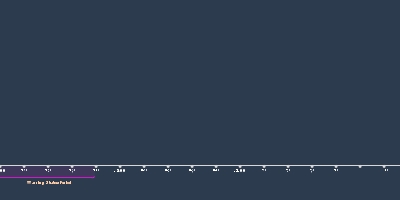*Hellenistic Period (1 sept 323 año aC – 1 agos 3 año aC)
Descripción:
You really have, therefore, for in some way the first time in history, a dream of making all of his empire basically universal, a dream of a universal vision, for one world, under one kind of culture, one kind of language. This really hadn't been attempted. You see, in the previous empires, like the Assyrian Empire, or these kinds of--the Egyptian Empire, when people conquered other peoples, often all they wanted was tribute. They just wanted taxes and food and money and that sort of thing. They didn't really care about turning those people into Egyptians or into Assyrians. And Alexander didn't really care that much about the lower classes doing that, but he still wanted the elites.And so he would plant Greek cities and settle his veterans in different parts of his empire in Egypt, in Syria, all the way over, and sometimes in the western part of India, and he would take his veterans of his army, and he would drum them out of the army, when they retired, and he would give them land and they'd build a city there, and that city would be just like a Greek city back home.
But those basic structures are part of any kind of Greek city in the Ancient World. And what Alexander and his successors did was they took that basic Greek structure, and they transplanted it all over the Eastern Mediterranean, whether they were in Egypt or Syria or Asia Minor or anyplace else. Which is why you can travel right now to Turkey or Syria or Israel or Jordan or Egypt, and you can see excavations of towns, and it's remarkable how they all look so much alike, because they're all inspired by this originally Greek model of the city. So that's one of the most important things about Alexander and his successors is they Hellenized the entire eastern Mediterranean, and that meant every major city would have a certain commonality to it. It would have a certain koine to it; that is, a Greek overlay, over what may be also be there, the original indigenous kind of cultures and languages. (Yale New Testament pg.31
Añadido al timeline:
fecha:
1 sept 323 año aC
1 agos 3 año aC
~ 320 years
